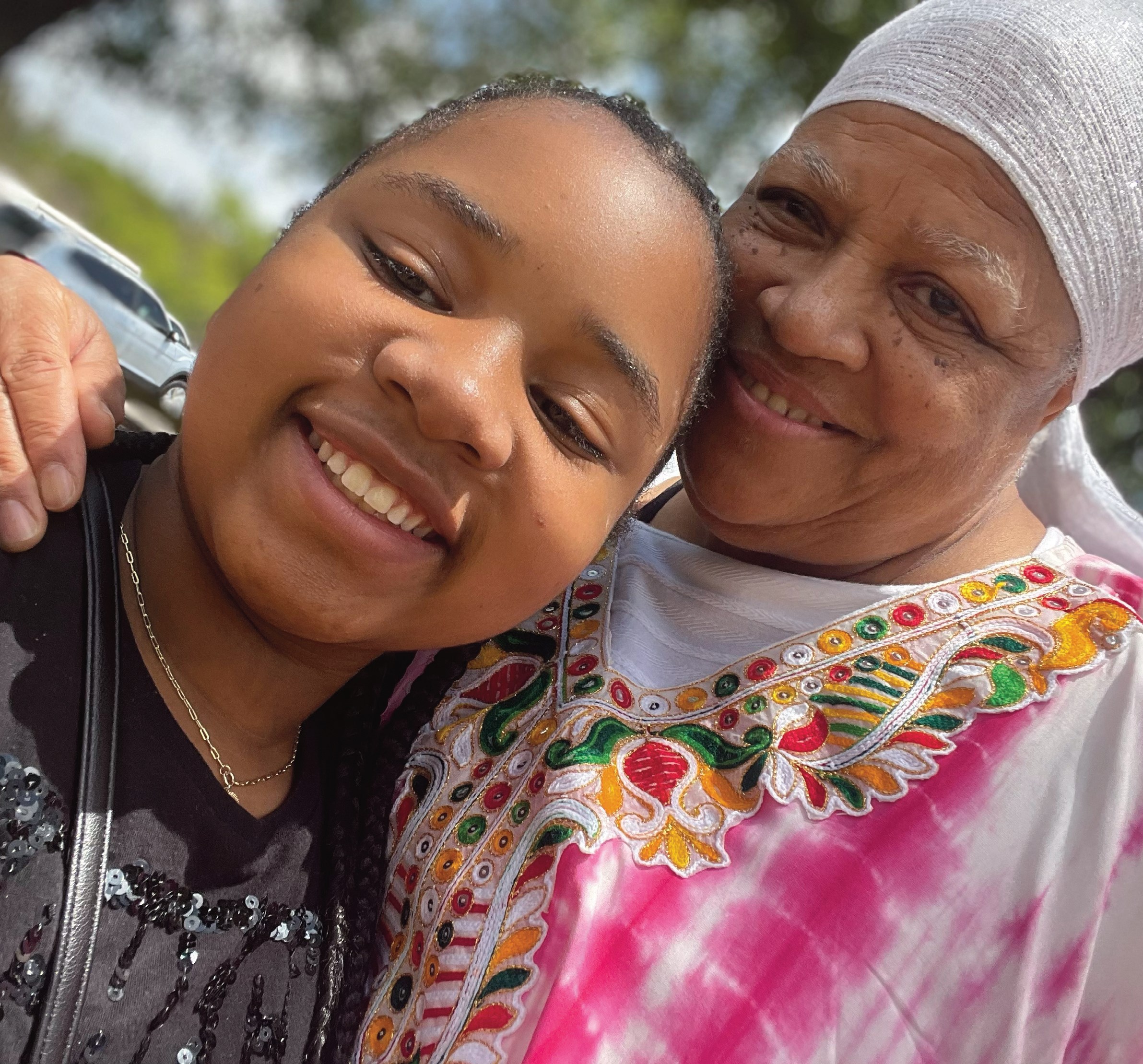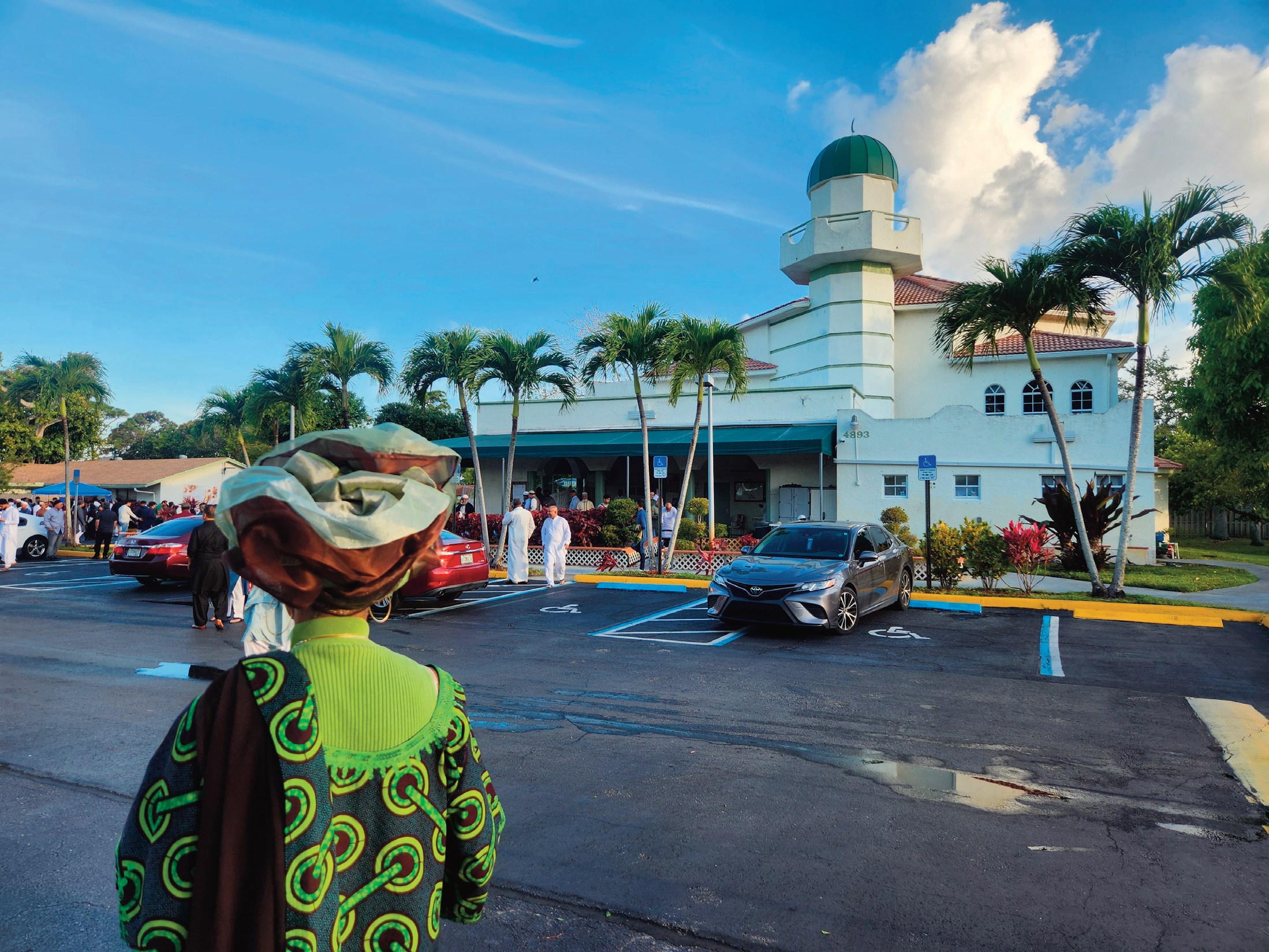 Last month, hungry Haitians rioted, protesting skyrocketing food prices. The move was part of a global phenomenon that destabilized a democratic government and an already fragile economy, and forced the ouster of Haiti’s prime minister.
Last month, hungry Haitians rioted, protesting skyrocketing food prices. The move was part of a global phenomenon that destabilized a democratic government and an already fragile economy, and forced the ouster of Haiti’s prime minister.
The Bush Administration should be doing everything possible to assist its friendly neighbor at this time of crisis. It isn’t.
On Feb. 7, Haitian President Rene Preval wrote to President Bush, requesting Temporary Protected Status (TPS), which halts deportations and grants work permits for 12 to 18 months when natural disasters or political conditions make deportation unsafe.
Since then, five newspapers’ editorial boards — the South Florida Sun-Sentinel, The Tampa Tribune, The Boston Globe, The Washington Post, and the Chicago Tribune – have, some for the second time, joined The Miami Herald in urging President Bush to grant Haitians TPS.
Temporary Protected Status would allow about 20,000 Haitian immigrants to continue sending support money to about ten times that many people in Haiti.
Forty-two members of the Congressional Black Caucus, led by longtime champions Alcee Hastings and Kendrick Meek; Senator Bill Nelson; and Republican U.S. Congresspersons Ileana Ros-Lehtinen and Lincoln and Mario Diaz-Balart, all support TPS for Haitians.
Haiti today is unable to absorb and assimilate 20,000 adults who have been living in this country for several years, in addition to their children. There are no jobs or homes for them.
Their deportation would destroy their families, forcing their U.S.-born children to decide between their mothers and fathers on the one hand, and their birthright as Americans on the other, including an education, a bright future, and citizenship here.
The deportations are often outrageous: Recently, Immigration and Customs Enforcement (ICE) wanted to deport a pregnant woman at risk of miscarriage. Only the strenuous political pressure we exerted prevented this outrage. Horror stories like this are far too common for parents ripped from children, in our backyard, by our government.
Deporting these people is also bad for Haiti. Haitians in the United States send $1.26 billion annually to Haiti. The money supports over a million people there. That’s ten times U.S. foreign aid to Haiti.
If we want to protect our borders and help a country reeling under the weight of the food crisis – plus decades of environmental disasters and political turmoil – now is not the time to remove a key pillar of support: those all-important remittances which, per deportee, enable up to 10 relatives apiece to carry on. That’s not only wrong from a humanitarian perspective; it’s bad policy.
TPS is right when it’s temporarily “unsafe” to deport persons due to natural disasters or political conditions there. Long before the food riots, Haiti qualified for TPS based on Tropical Storm Jeanne, more recently Noel, and other disasters.
The U.S., Canada, France and Britain have all issued travel warnings, saying it’s unsafe to travel there. Further, TPS was granted to Nicaraguans and Hondurans after Hurricane Mitch in 1998, and to Salvadorans after earthquakes in 2001. Although no one who came after those dates is covered, those who initially received it have had it renewed ever since. Haitians deserve the same treatment. Aren’t they good enough? It is time for the long-term racism and discrimination to end!
You can help by calling your political leaders and telling them to do more. There’s an easy way to reach them: the Congressional switchboard, 202-224-3121. Ask to be connected to Sen. Mel Martinez and urge him to support TPS for Haitians now and to urge President Bush, who can grant TPS with a stroke of the pen, to do so now!
Call back and ask for Sen. Bill Nelson, who supports TPS, and urge him to do everything he can as well. Call again and ask for U.S. Reps. Alcee Hastings and Kendrick Meek to thank them for all they’ve done and to urge them to keep pushing until this administration does the right thing and grants Haitians TPS.
TPS is right to protect Florida’s children and, by keeping the remittances flowing, our borders as well. Keeping families together here keeps families eating in Haiti. Thanks for your help and feel free to contact us at steveforester@aol.com and mbastien@fanm.org.
Marleine Bastien is the founder and executive director of Fanm Ayisyen Nan Miyami (FANM), or Haitian Women of Miami, Inc. Steve Forester is the organization’s senior policy advocate.
Photos of Marleine Bastien, left, and Steve Forester, right, by Khary Bruyning.
Marleine_Bastien@Hotmail.com, SteveForester@Aol.com












No Comment